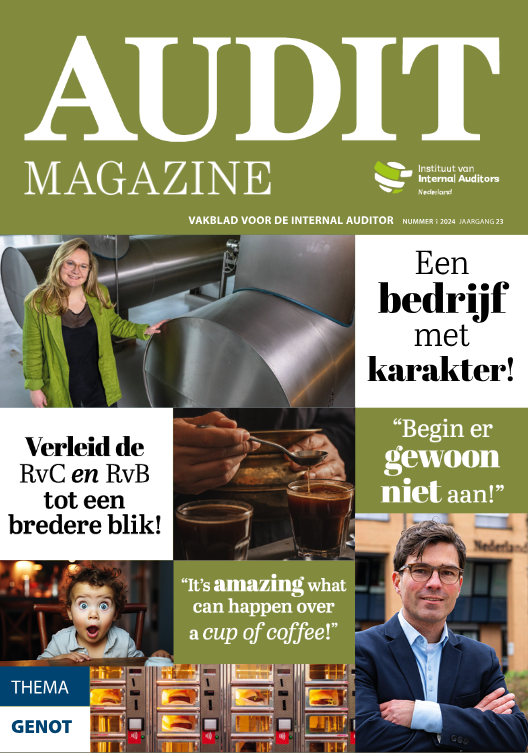Reputational Risk: How to...
This is a three-part series by Chuck Saia
Reputational Risk: With Ownership Comes Great Responsibility
Like technology, reputation is an issue that’s rapidly evolving, connected to all parts of an enterprise.
It is difficult to believe in today’s digitally driven world that technology was not always a concern for boards and senior management teams. Not so long ago, technology would typically surface as an issue when a printer jammed or an email disappeared.
That changed in a big way with the advent of the internet and software applications. As the world became more digital, technology grew more important for boards and management. Senior leaders realized that someone needed to “own” this rising issue and provide insight on enterprise-wide decisions. Many organizations added chief information officers to the executive team and made sure a board member had relevant knowledge or experience.
I believe reputation is on a similar track. Like technology, reputation is an issue that’s rapidly evolving, connected to all parts of an enterprise, and requires a dedicated leader who has the ear of upper management and the board.
Reputational Risk: Using (Un)common Sense to Gain a Competitive Edge
Using a magnifying glass to evaluate an organization’s approach to reputational risk management.
When an asset accounts for more than 25 percent of an organization’s market value, it’s imperative for leaders to do all they can to protect it.1
That’s the case with reputation—an area that’s increasingly on the minds of directors in their role as overseers of an organization’s strategy. Now more than ever, directors are using a magnifying glass to evaluate an organization’s approach to reputational risk management, looking for gaps to fill and redundancies to eliminate.
For many organizations, using risk management as a tool to protect them from traditional, well-known risks is not generally sufficient. To stay ahead of the curve, boards at many leading organizations are encouraging executives to transform risk management from a traditional approach to one that has the ability to convert emerging risks into strategic opportunities, hitting reputational risk head-on and getting a leg up on the competition.
Reputational Risk: Communicating the Importance of Principled Behavior
In their oversight role, boards of directors can take several steps to ensure management is communicating and practicing its core values.
Corporate culture is under a microscope. The scrutiny focused in the past on compliance and whistleblower activity has extended to the behavior of all employees in an organization. Regulators are upping their efforts to determine if organizations are communicating and practicing ethical behavior.
Organizations that don’t communicate and practice ethical behavior are often cast in a negative light in traditional and social media, which threatens one of their most valuable assets—their reputation.
Organizations that make ethical behavior a top priority are typically better positioned to gain a competitive edge: they are able to focus more on strategic issues, including disrupting through innovation to drive growth or leveraging their brand for distinct advantage in the marketplace.






